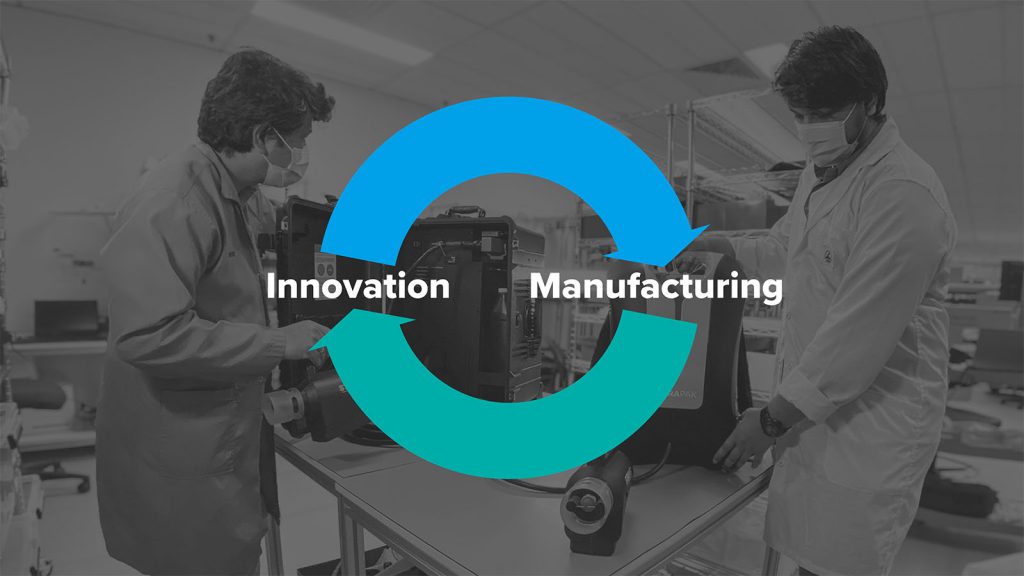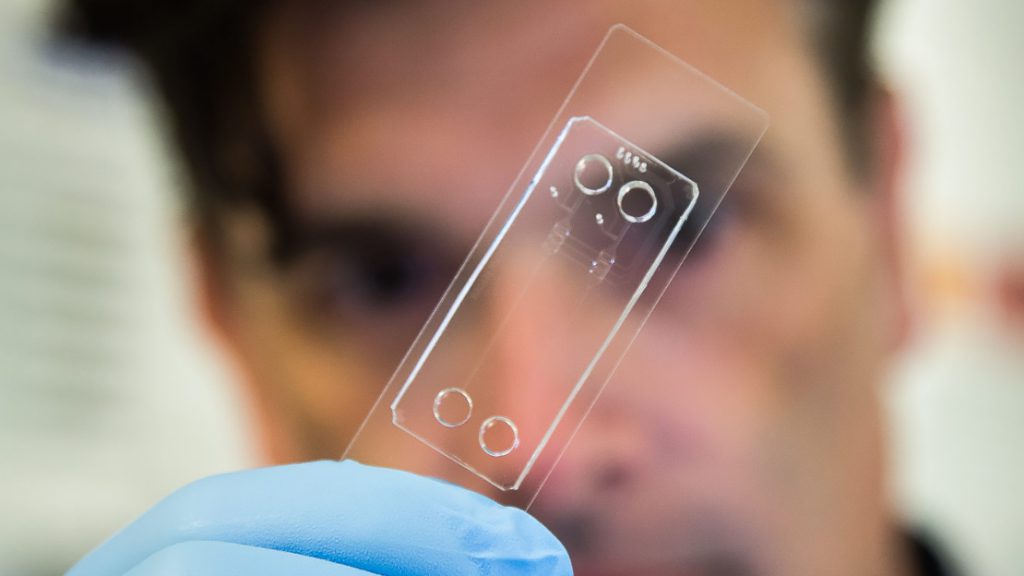
Clinician advisors are conventionally pigeonholed as medically qualified practitioners who work directly with industry to review the scientific development, market need, usability, and validation of a company’s product.
This stereotype may lead to missed opportunities for value-add from underutilized resources and alternative paths for co-exploration. Clinician advisors could and should encompass the full professional spectrum from a student, trainee, or qualified and experienced practitioner. They can also be grounded in different disciplines including nursing, pharmacy, and allied health with deep insights garnered across different niche healthcare settings. A targeted combination capturing this rich diversity of clinical expertise is preferable to a single voice
More importantly, they can advise on not only the product but also on the most feasible clinical context for deployment, how to access existing reimbursement pathways, and ancillary services which may need to be created to ease or support the full lifecycle of product deployment.
We would define a clinician advisor as a frontline health professional who can leverage their training, experience, and network for product or service optimization. They should be the glue that can more strongly bind the clinical need with a market need.
So, who exactly is the ideal clinician advisor?
Ideally, your clinician advisor is adaptable, pragmatic and has clinical and/or commercial experience. We have deliberately listed adaptability and practical acumen as the most desirable personal attribute in a clinician advisor. They will need to help resolve potential product market fit issues, recognize when and how to question the baseline assumptions which have informed product development, engage, and consult their network if it is not their subject matter expertise and be able to adapt the proposed clinical use case or workflow for commercial success.
A clinician advisor who is actively working at the clinical coalface may be more difficult to engage but can provide authentic and evidence-based market insights. This drives product development based on real world requirements and potentially pave a clearer path to commercialization.
Technology titans such as Google and Apple who are attempting to expand their healthcare offerings often stipulate a minimum of two to five years’ clinical experience for these roles. However, a practicing clinician advisor with both commercial and practical thinking will be able to create valuable distinctions between a clinical need and a market need; and apply their skills to bridge the two regardless of the total time served in clinical practice.
This idealized mix of soft and hard skills can be challenging to obtain in one person and may require a mixture of clinical input. Clinicians, much like any other professional, exist on a broad spectrum of experience and skillsets – from full-time clinical practice and zero commercial experience through to strong commercial nous but no longer active at the clinical coalface. Therefore, finding the right balance for your specific commercial use case and where you would like the clinician advisor to specifically value add is the key.
Where can Clinician Advisors add value to companies?
The clinician advisor role can either guide, support a pivot, or drive the development of commercial solutions that will be used by patients and healthcare payers to address unmet market needs. Some companies may view the clinician advisor role as a ‘tick-box’ exercise that enables them to progress commercialization milestones quicker. Clear strategic consideration on where you would like the clinician advisor to add value is required to optimize their input and therefore the commercial output.
The role of a clinician advisor in your organization can be determined by clarifying some fundamental questions. Why do you want a clinician advisor? What do you need them to do? Is there an actual clinical need for your product or service; or are you just seeking clinical validation? Do you require access to patients, key opinion leaders, access to their network or would you like them to optimize work that has already happened?
The fundamental question is: what commercial problem do we require this clinician advisor to help us solve, and how do we wish to work with them to solve this problem?
Often, clinician advisors can be brought in too late in the piece, are inadequately remunerated, and are unable to provide what the organization is expecting of them other than to take a pulse check.
Below are three of the most frequent questions I receive from industry along with my respective answers:
Q: Can you help us validate the key personas and end users?
A: This needs to be properly resourced and conducted with robust methodology.
Q: Can you help us clinically validate our product?
A: What is your commercial objective for the clinical validation? Is it for regulatory approval, marketing purposes or to proceed the next round of capital raise?
Q: Can you quickly have a look at our new product and tell us who would use it and pay for it?
A: Yes, there is a clinical need, but I am concerned there is a limited market need in this context due to the following regulatory, reimbursement and structural considerations. I would consider the following alternative clinical use case / problems / markets, etc.
If you are dealing with a busy clinician with a narrow bandwidth, please be transparent when outlining your current state, expectations, and timelines. This provides a great foundation for a bidirectional discussion, collaboration, and for a long-term relationship.
Conclusion: this relationship leads to great outcomes
Like most clinician advisors, I have had a mixed experience with industry. We persist because we strongly believe that industry-led innovation that fulfils both a clinical and market need can only make our jobs easier and improve the lives of our patients and their communities.
We want to support companies that share these values and to influence the commercial determinants of health. We can deliver significant value to multiple stakeholders when it is the right “ask,” coupled with the right clinician advisor(s), and a company that is receptive and willing to act on our advice.








